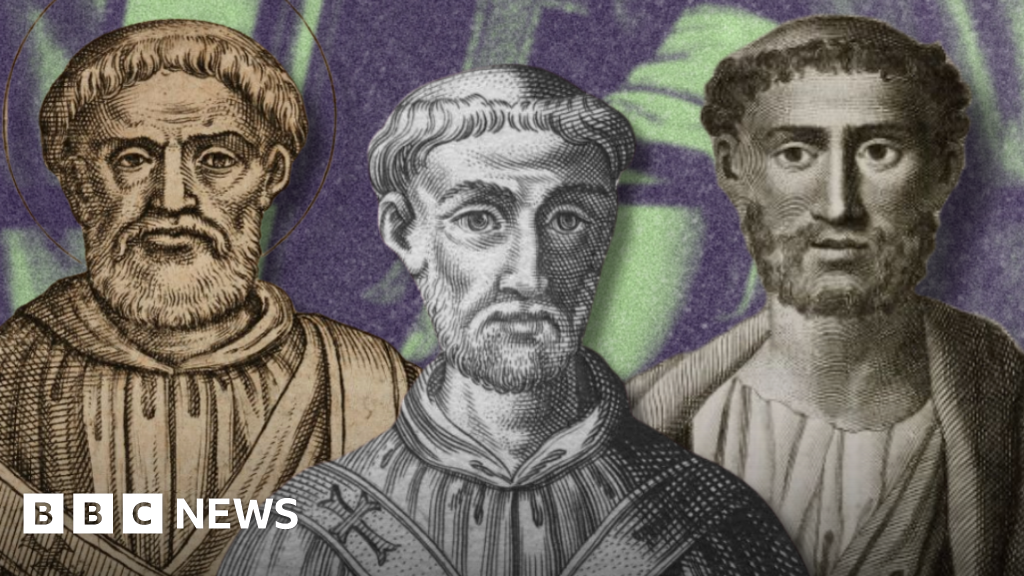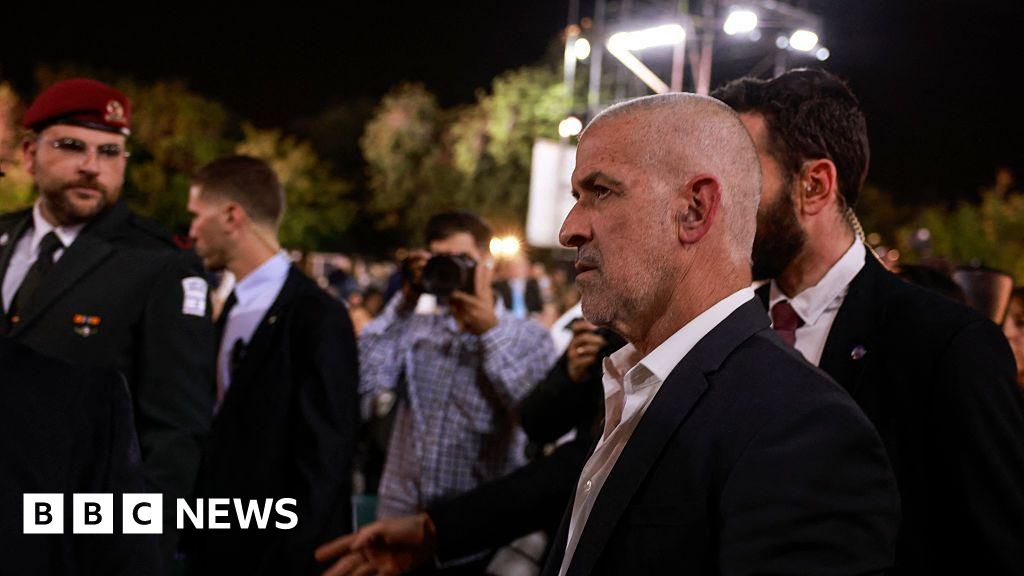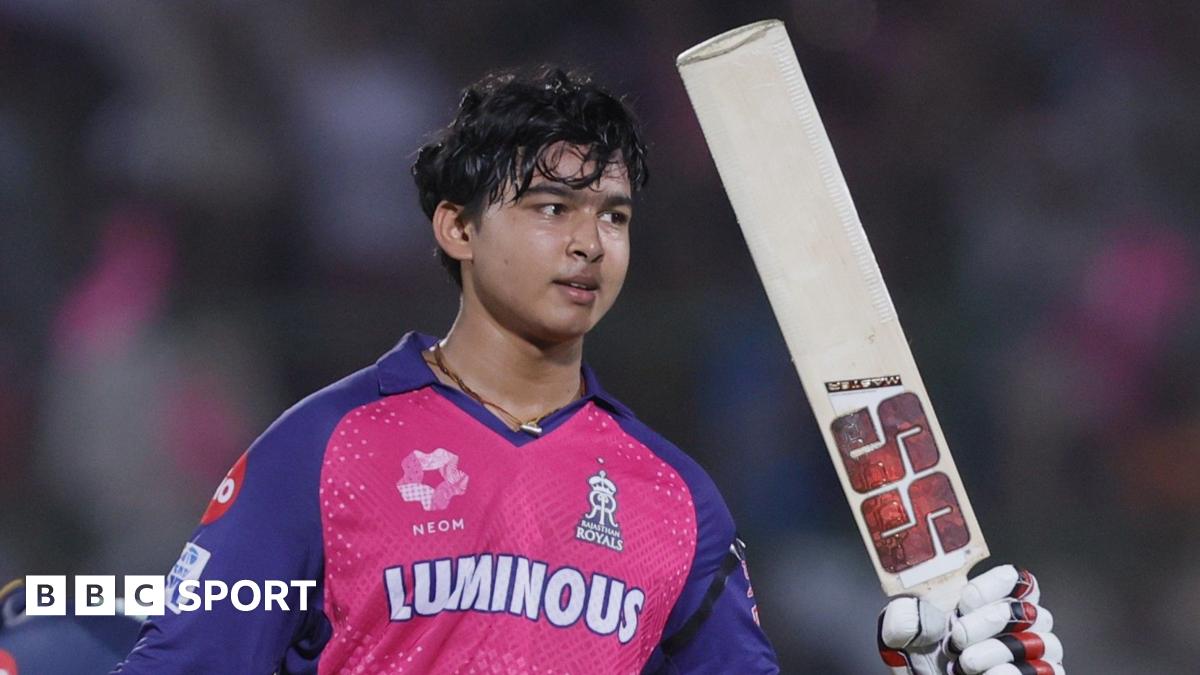ARTICLE AD BOX
By Kai Wang and Wanyuan Song
BBC Reality Check
Image source, Getty Images
Image caption,Peng Shuai has more than half a million followers online
Shortly after Peng Shuai, one of China's most popular tennis players, levelled allegations of sexual assault against a former senior politician on social-media site Weibo, her personal feed was censored.
We've looked at the timeline of events on that day to understand the online censorship techniques used against Ms Peng.
What happened to Ms Peng's posts?
On 2 November, she published a post on Weibo alleging she had been forced into sexual relations with Zhang Gaoli, a former Chinese vice-premier.
That post disappeared quickly - probably within the hour.
Using the Wayback Machine internet tool - which allows you to scroll back in time online - we can see that by the end of that day there was no trace of the post.
We then looked at Ms Peng's timeline and found that six more posts had gone.
This isn't the first time a high-profile athlete has been censored.
Last year, outspoken former China international footballer Hao Haidong was also censored on the internet, along with his wife, Ye Zhaoying, a retired badminton player, after he openly called for the removal of China's ruling Communist Party.
Image source, Getty Images
Image caption,Former football star Hao Haidong has also fallen foul of the censors in China
How were her followers disrupted?
Weibo users, just like those on Twitter, can normally post comments in reply to posts.
However, comments to Ms Peng's own timeline have been blocked - making it impossible for her followers (more than half a million of them) to engage in a conversation in that space.
It also appears that certain specific search terms were temporarily blocked - so if a user typed Ms Peng's name, for example, results were restricted. Some of these controls have now been eased.
In addition, recent Weibo posts by other users, referring to Ms Peng, have also been removed.
On 3 November, Chinese tennis commentator, Ouyang Wensheng, wrote: "Hope you are safe" and "How desperate and helpless she must have been". Both these posts have been taken down.
To navigate around the censors, some have come up with creative solutions.
Instead of referring to Zhang Gaoli directly, Weibo users have referred to him by other similar names, or names that have the same initials in Chinese.
However, the authorities are wise to this and posts that try to evade the censors in this way have also been quickly taken down.
China's foreign ministry spokesman "not aware" of missing tennis star
What about wider online searches?
Search engine Baidu shows only state-media reporting on Peng Shuai and Zhang Gaoli.
Other social-media sites, such as Douyin (Chinese TikTok) and popular video-sharing platforms Kuaishou and Bilibili, also have limited search access for sensitive terms relating to the story.
On question-and-answer website Zhihu no results appear when the name "Peng Shuai" is entered. However when "Zhang Gaoli" is searched for, there are results, with posts portraying him as a heroic leader.
What has the online response been?
A growing number of high-profile tennis players have been asking about Ms Peng's whereabouts.
Former world number one Naomi Osaka wrote on Twitter: "Censorship is never OK at any cost. I'm in shock of the current situation and I'm sending love and light her way."
An online campaign, using the hashtag #WhereIsPengShuai?, began circulating a few days ago and is now trending on Twitter.
The Chinese authorities have been reluctant to speak about the case.
On Thursday, foreign ministry spokesman Zhao Lijian said he wasn't aware of the case after being pressed by journalists at a media briefing, but his remarks were later excluded from the official transcript of the press conference.
Additional research by Paul Myers.

 3 years ago
136
3 years ago
136








 English (US) ·
English (US) ·